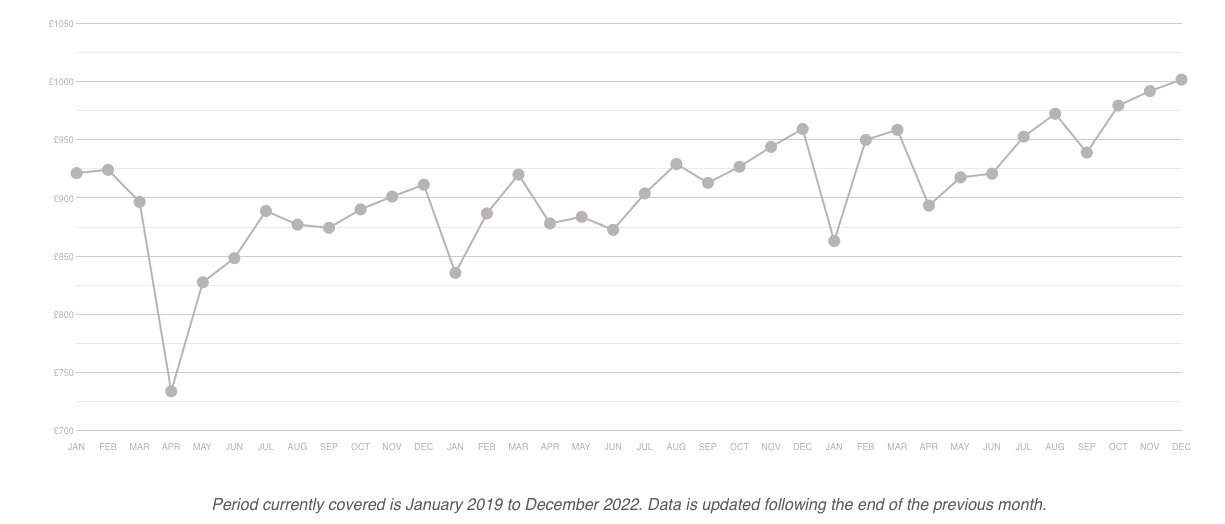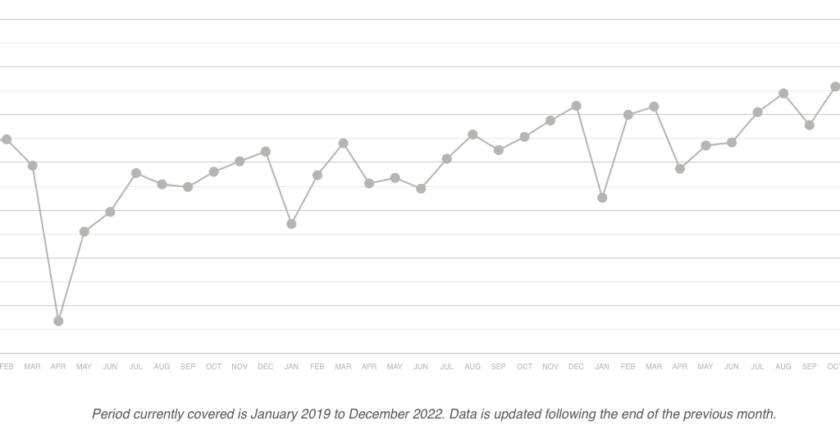Construction wages still rising despite economic turmoil
This post has already been read 732 times!
Construction self employed wages have continued to rise despite the worries in cost of living and inflation rocketing in the last six months with labour rates hitting £1000 per week.
Construction and construction wages are always first to be hit when eventually the recision and bad times come but due to the lack of skilled labour wages have continued to rise after the blip which is expected in August due to the summer holidays.
Analysis from Hudson contracts payroll data shows that labour rates on building sites rose by 2 per cent to £972 during August, this was driven by high levels of companies needing labour in the construction industry and a shortage of skilled people.
The data continued to show that compared to this time last year earnings are 4.6 per cent higher than 2021.
Earnings rose the most in East of England, the South West and the North West the only areas that dropped were in the West Midlands with plasterers seeing the biggest increase in pay, which rose by 10.5 per cent to £927.

Ian Anfield, managing director of Hudson Contract, said: “Earnings usually fall in August as people take well-earned holidays but this year we have seen incredibly strong demand for highly skilled self-employed tradespeople whose pay continues to outperform their employed counterparts.
“Demand is being driven by the huge amount of infrastructure work on the go and the big housebuilders, which are reporting strong forward order sales, although recent volatility in financial markets has clouded the outlook with the shares of housebuilders, landlords and building suppliers under pressure as fears grow over increases in the cost of borrowing.
“In the labour market, we are starting to see a longer-term impact of Brexit. Those subbies who returned to Europe, retired or switched industries are no longer being replaced by newcomers from the EU as the tap has been turned off.
“As highlighted recently by the CITB training body, there is a disconnect between further education colleges in the UK and the industry with only one third of people who do construction-related courses ending up in construction jobs.”
Source Hudsons contract.


